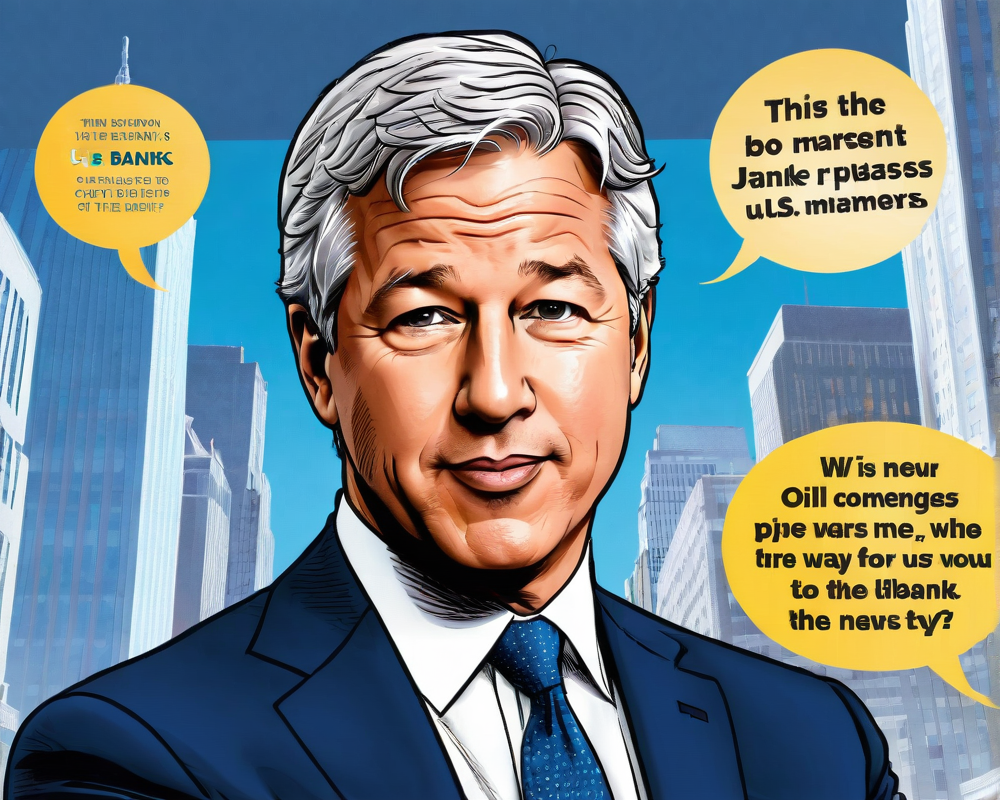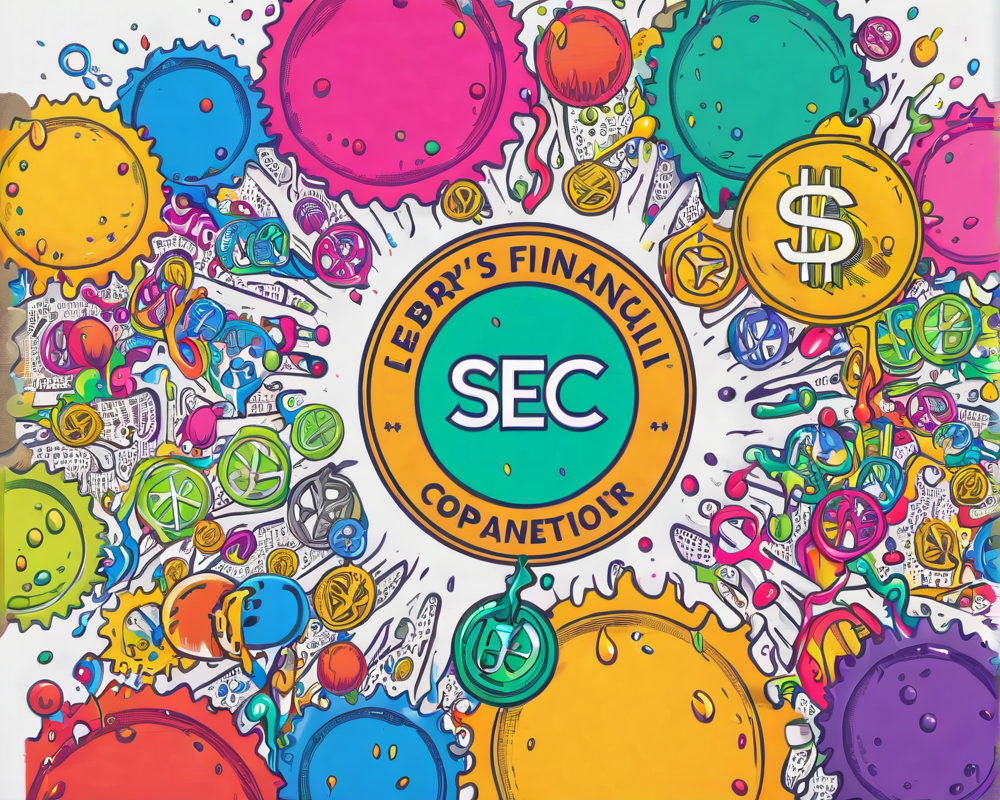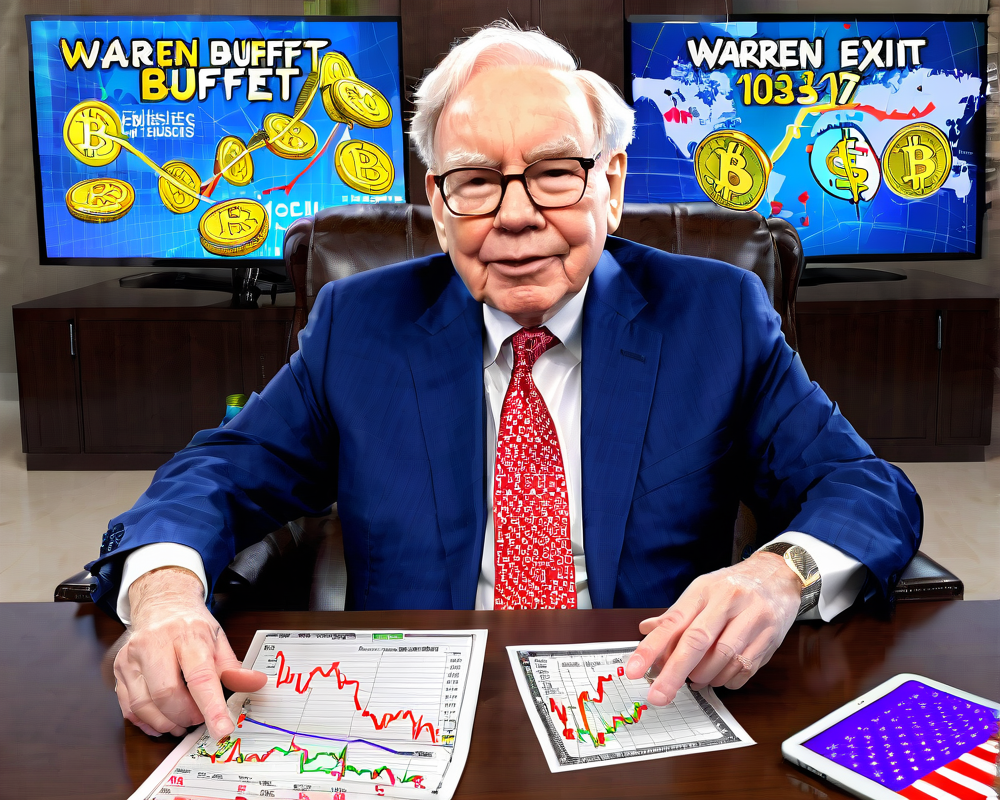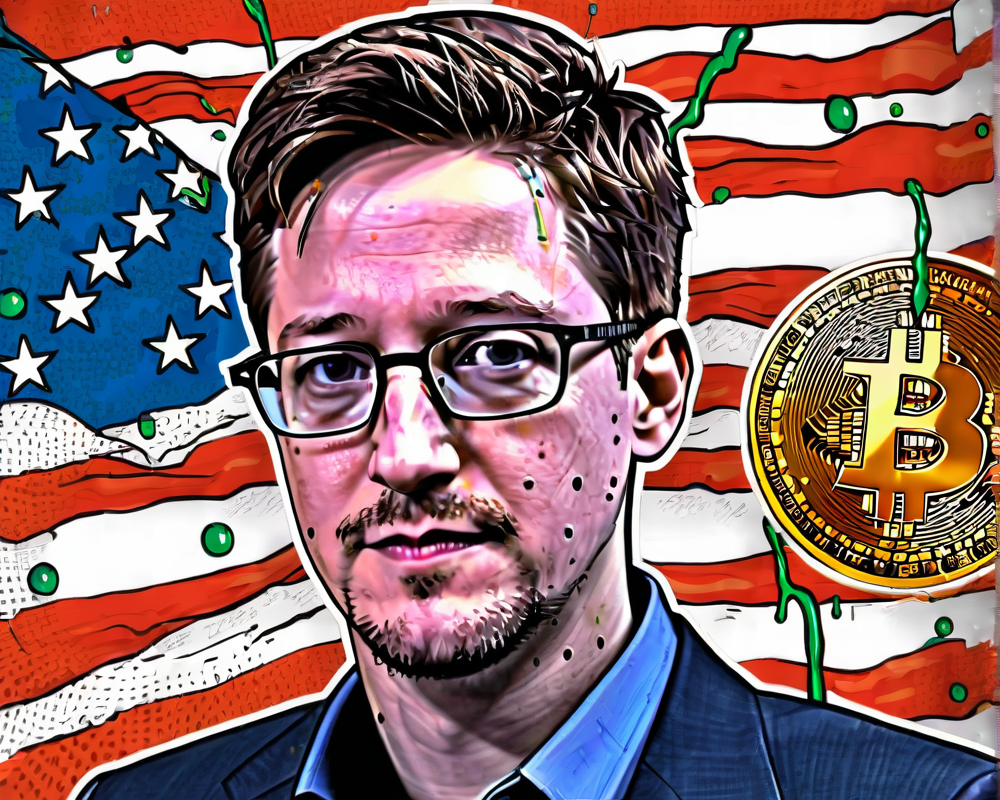The Current State of U.S. Banking
In the landscape of American banking, recent events have been nothing short of a roller coaster ride, and not the fun, cotton candy kind. One of the industry’s stalwarts, JPMorgan Chase, has been front and center following the collapse of major institutions like Signature Bank, Silicon Valley Bank, and First Republic Bank earlier this year. This has left many wondering about the implications for the sector when it comes to regulatory measures and potential future hiccups.
Jamie Dimon’s Concerns
During a recent interview on Bloomberg TV, Jamie Dimon, the chair and CEO of JPMorgan Chase, voiced his concerns about the future of banks in the U.S. He believes that unless the Federal Reserve takes a more comprehensive and thoughtful approach, the situation for banks is likely to worsen. Dimon’s cautionary take? It’s more about supervision and less about simply crafting more rules.
The Supervision Debate
Dimon highlighted a critical problem: it’s not necessarily the regulations themselves that are at fault, but rather how they’re enforced. In Dimon’s words, “The bank CEOs and board members are the people to blame,” insinuating that oversight has been more focused on compliance rather than understanding the bigger picture. He challenges the effectiveness of the existing framework by emphasizing that layering on more regulations is unlikely to remedy the situation.
Regulatory Overload
The sheer volume of regulations currently imposed on banks is staggering, and it appears that Dimon is suggesting that this may actually be counterproductive. He quipped that some community banks now have more compliance officers than loan officers, making it harder for them to execute their core business—you know, lending money. Imagine going to a bank and finding more people scrutinizing compliance than actually helping you with a loan. It’s a bit like going to a bakery where all they do is count calories instead of baking bread!
Stress Tests: A False Sense of Security?
Dimon also cast doubt on the effectiveness of stress tests, which are designed to ensure banks can withstand economic shocks. He argued that these tests might provide a misleading sense of security, given that companies may lose sight of historical patterns that could invariably re-emerge. One can’t help but wonder if focusing solely on passing an exam is akin to cramming for finals while overlooking a lifetime of financial lessons!
The Fed’s Oversight Record
As Dimon pointed out, the Federal Reserve’s inability to foresee these recent banking issues raises questions about its monitoring capabilities. If not one Fed governor could forecast the banking crisis, then how do we ensure we’re preventing future disasters? This brings even more scrutiny to the regulatory framework currently in place.
Conclusions and Future Perspectives
In conclusion, while regulations are essential to safeguard the financial system, Jamie Dimon has shed light on the potential downsides of burdening banks with an endless list of compliance requirements. As we look to the future, his call for a more well-rounded approach to oversight could be just what the doctor ordered—or perhaps less stress tests and more real-world groundwork might lead to healthier financial institutions.




